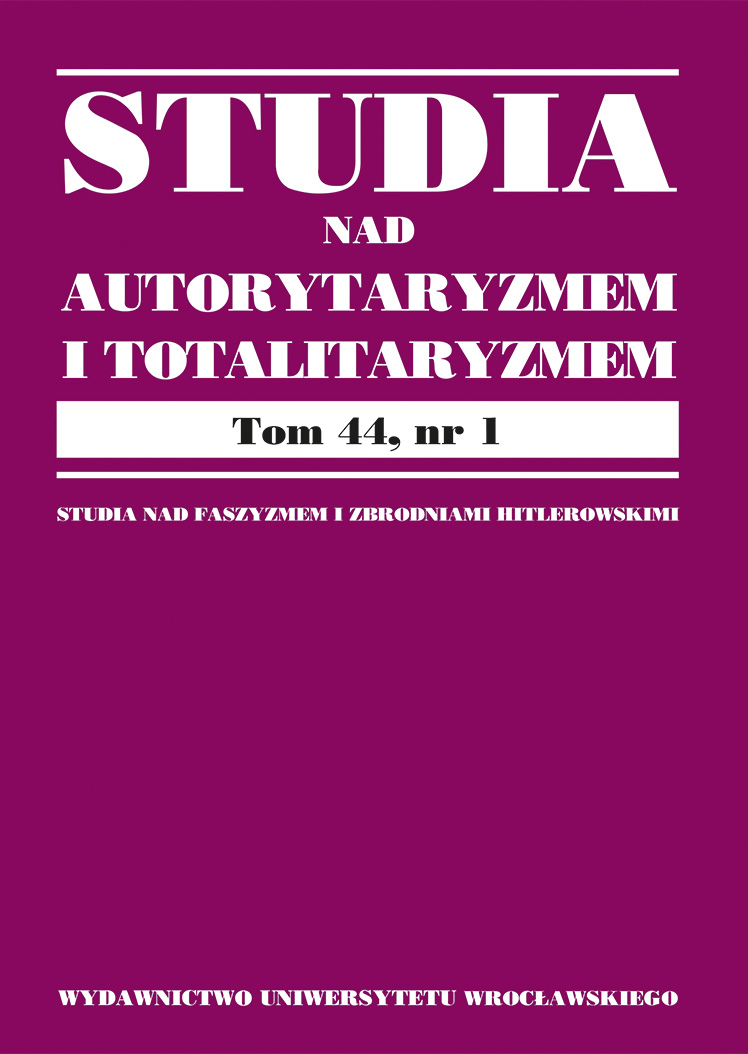

Articles

Engelbert Dollfuß is commonly considered to be a representative of Austrofascism, and therefore is presented as akin to Hitler and Mussolini. In this article, the authors rebut this erroneous and harmful opinion. The analysis of the political thought and activity of the Austrian chancellor through his leading idea — the relationship between nation and state, and the corporate socioeconomic system — proves that his position differed fundamentally from the Nazi and fascist models. The authors argue that Dollfuß’s doctrine was rooted in Catholic social teachings and a Christian worldview. The chancellor’s anti-democratic actions were justified by the threat posed to Austria by the Third Reich.